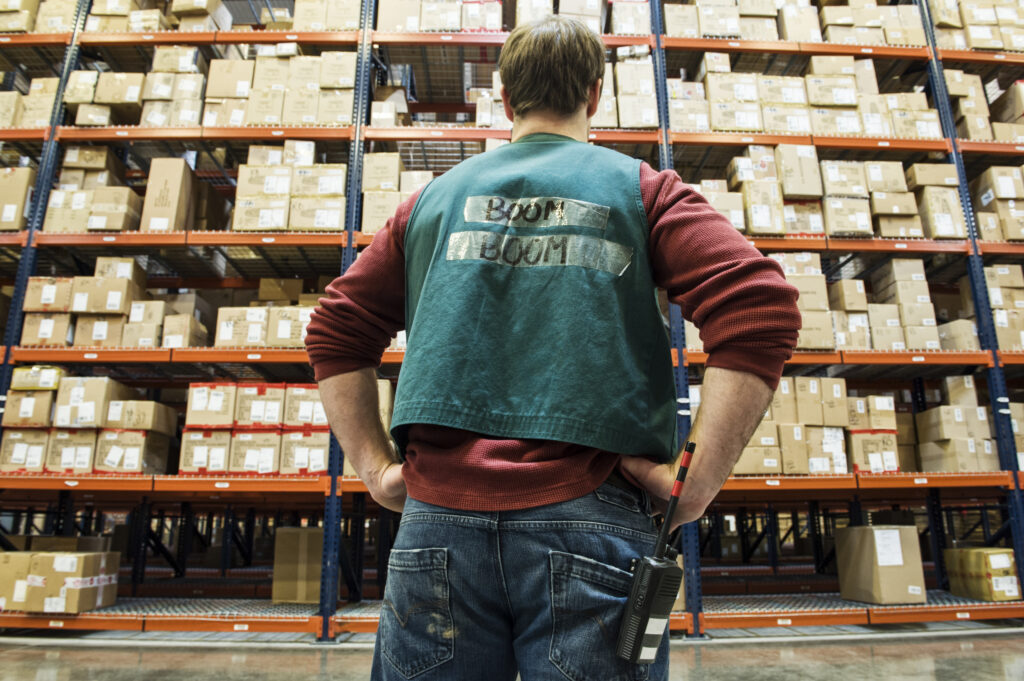Warehouse automation has become increasingly popular in recent years as more businesses seek to improve efficiency and cut costs. While the initial investment may be steep, the long-term benefits of implementing automated systems in your warehouse can be substantial. In this blog post, we’ll explore some of the key advantages of warehouse automation and how it can benefit your business.
One of the primary benefits of warehouse automation is increased efficiency. Automated systems can handle tasks faster and more accurately than humans, which can lead to reduced turnaround times and improved productivity. For example, automated pick and place systems can quickly and accurately retrieve items from shelves, reducing the time and effort required for manual picking. Similarly, automated packing and shipping systems can handle large volumes of orders more efficiently than manual labor.
In addition to increased efficiency, warehouse automation can also lead to cost savings. Automated systems can operate for longer periods of time without breaks, resulting in reduced labor costs. Additionally, automated systems can reduce the need for training and onboarding new employees, further reducing labor expenses. Automation can also reduce the risk of errors and accidents, leading to fewer insurance claims and other costly incidents.
Another benefit of warehouse automation is improved accuracy. Automated systems can accurately track inventory levels and perform tasks with a high degree of precision, reducing the risk of errors and lost profits. This can be especially beneficial for businesses that operate with thin margins, where even small mistakes can have a big impact on the bottom line.
Warehouse automation can also lead to improved customer satisfaction. Automated systems can handle orders more quickly and accurately, resulting in faster turnaround times and fewer errors. This can lead to more satisfied customers, as they receive their orders faster and with fewer issues. Additionally, automated systems can handle high volumes of orders without sacrificing accuracy, allowing businesses to scale up without sacrificing quality.
It’s important to note that warehouse automation is not a one-size-fits-all solution, and it’s important to carefully consider your business’s needs and goals before implementing automated systems. However, for many businesses, the benefits of warehouse automation can be substantial, making it a worthwhile investment.
In conclusion, warehouse automation can lead to increased efficiency, cost savings, improved accuracy, and enhanced customer satisfaction. While the initial investment may be steep, the long-term benefits of implementing automated systems in your warehouse can be substantial. By carefully considering your business’s needs and goals, you can determine if warehouse automation is the right choice for you.





